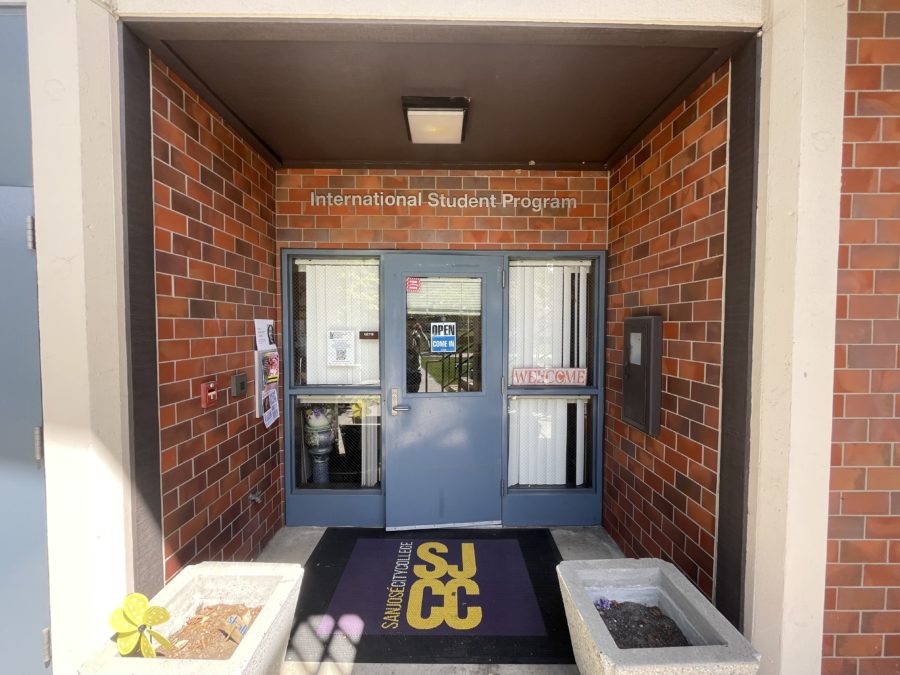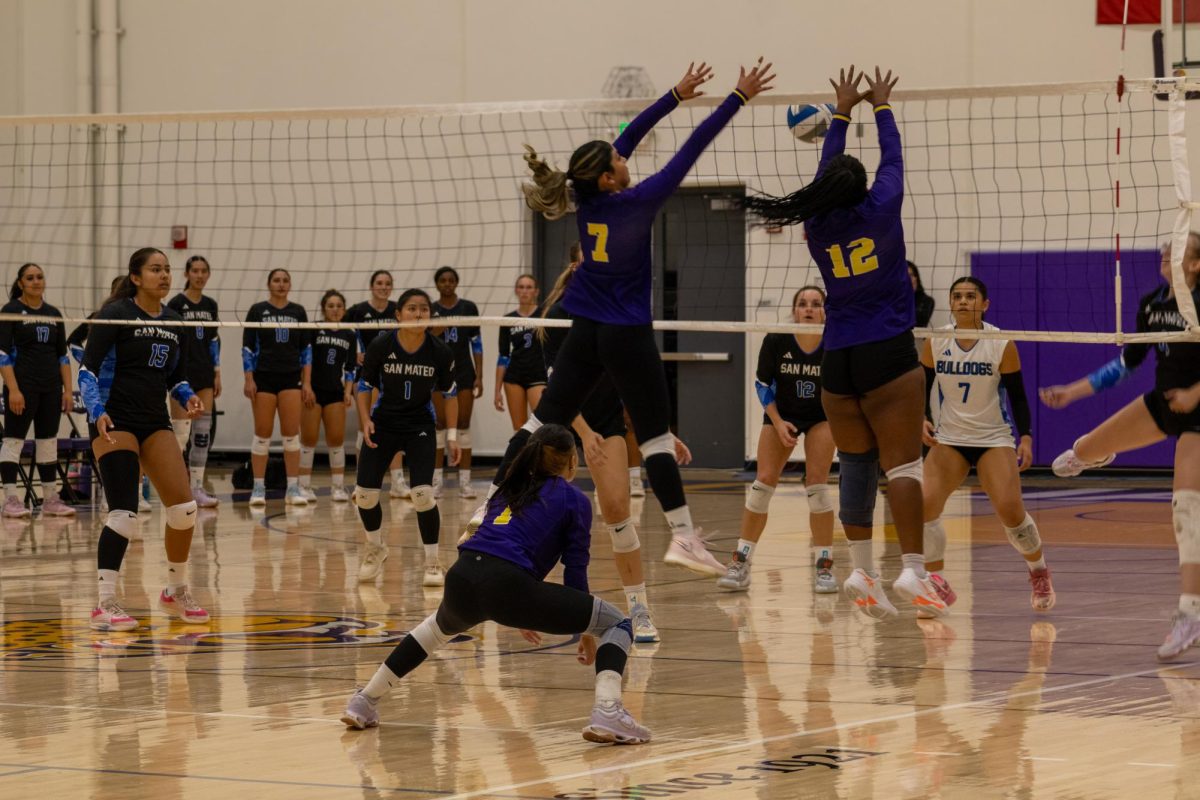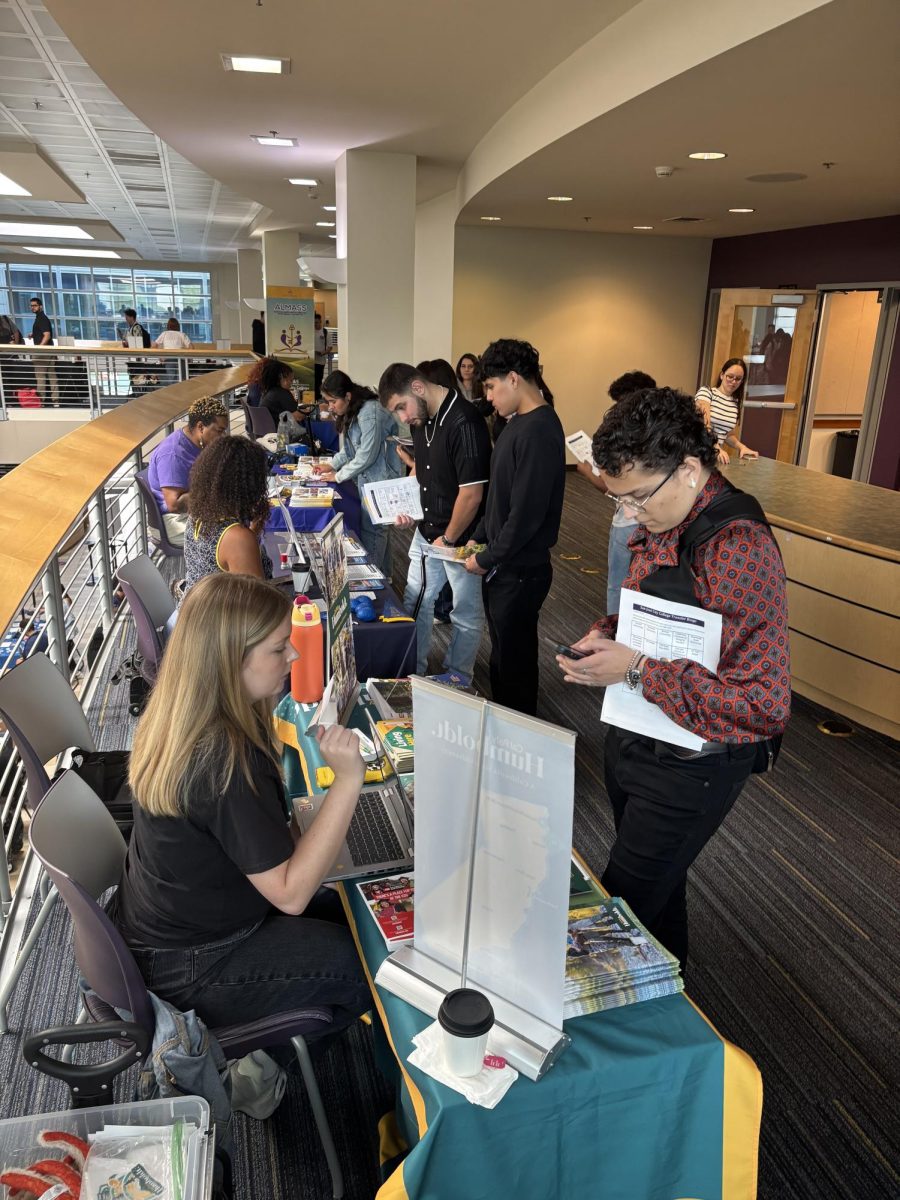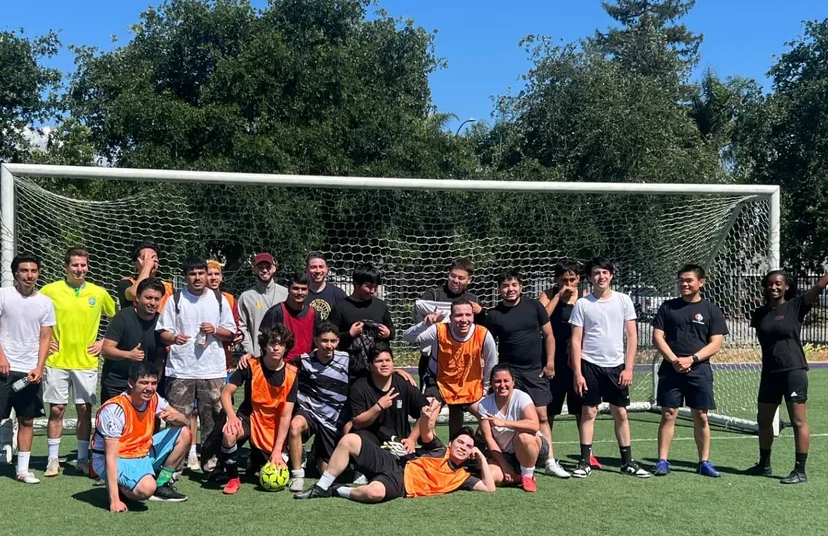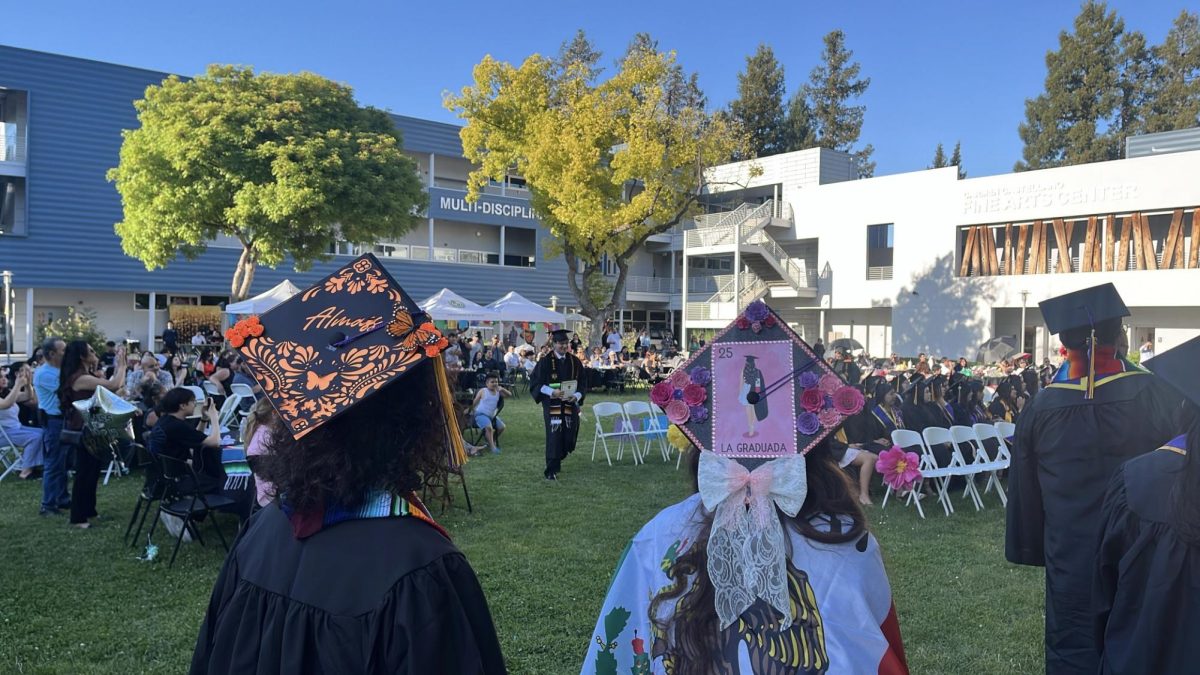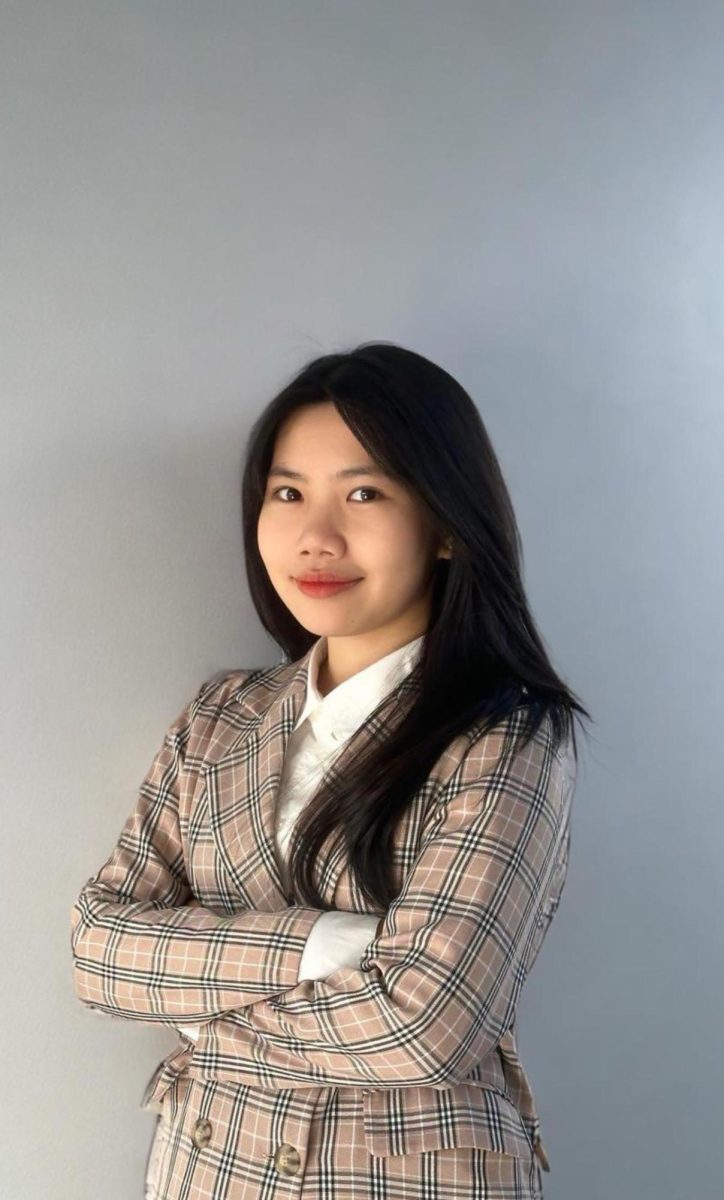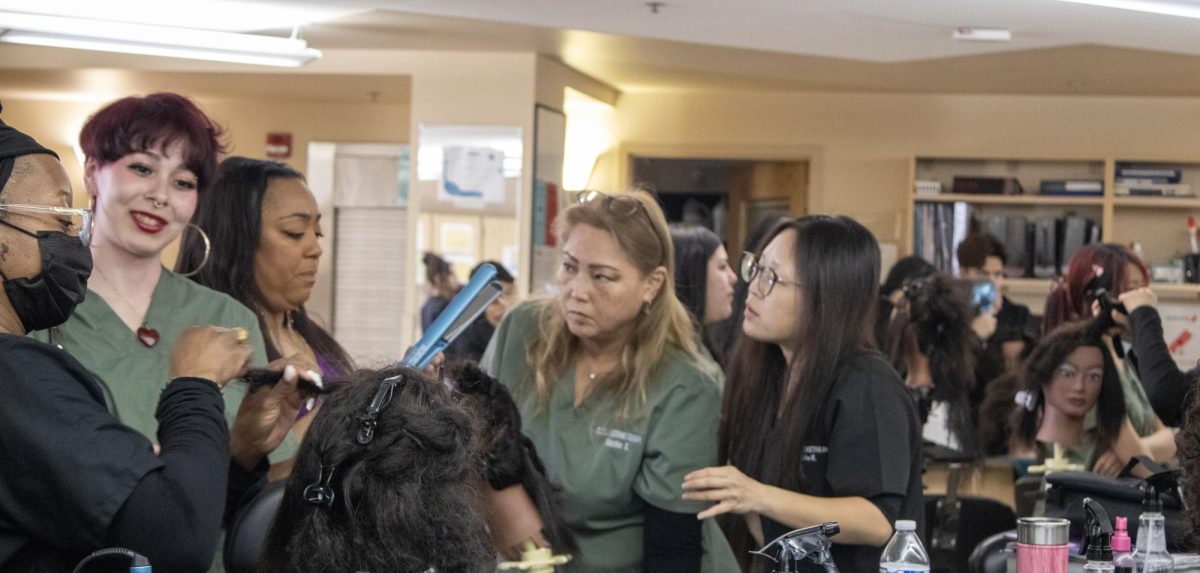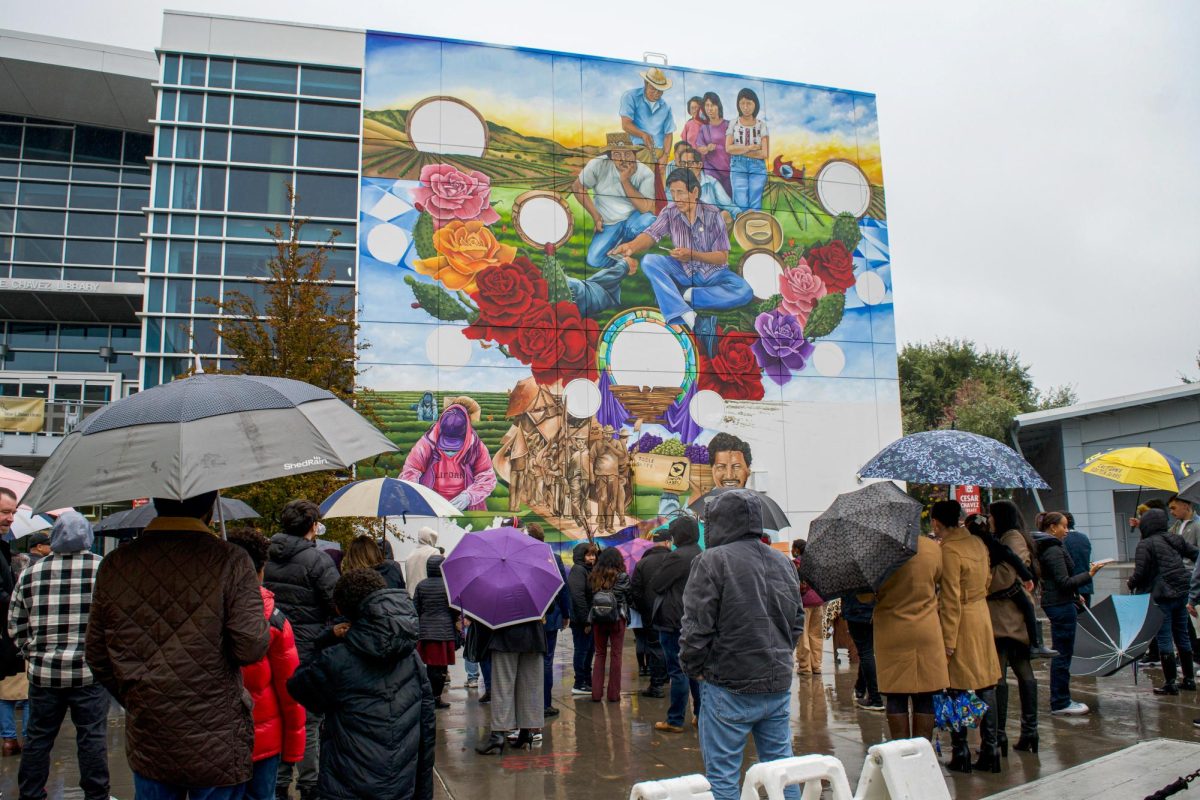In a city as diverse as San Jose, which is also one of the top 10 biggest cities in the nation, the role that an international student program plays on a college or university campus is crucial. At San Jose City College, the international student program helps students who need or want a visa to study in the U.S.
Applicants to SJCC’s international student program may receive help from on-campus staff to attain the F-1 international student visa needed to study here. Currently, the International Student Program supports 150 students from all around the world, who are required to take at least 12 units per semester. There are a lot of different resources on-campus being offered to these students, such as counseling and being connected to work opportunities.
“Any international students from any background can be connected with the correct resources on-campus,” said International Student Program specialist Joell Serrano.
Before the pandemic, Serrano said colleagues from the international program used to travel to different targeted places such as Myanmar, Colombia, Vietnam and Brazil, to name a few.
Current international student at SJCC Shana Siddik, 18, said her introduction in the U.S. was a positive experience.
“The advisers, such as Joell, Maria and Doriann, have been very welcoming and friendly to us,” said Siddik, a sophomore biology student who is also the president of the Students Worldwide Association.They understand, I mean, they understand that we come from very diverse cultural backgrounds.”
Still, Siddik said it’s normal for some students, like herself, to experience culture shock when first coming to the U.S.
“I feel like every international student would experience that anyway,” Siddik said. “But I feel like the ISP (International Student Program) program in San Jose City College really helped me.”
Doriann Tran, international student counselor and program coordinator, praised all of the international students in the program.
“I see their growth from here going on to the university and then earning their Bachelor’s degree and then continuing either a higher level or coming back and helping the community too,” Tran said.
Tran said some international students are active within the local community, including both engaging with students and staff at SJCC and taking what they learned back to their home countries.
Serrano believes that by keeping tuition as low as possible, students find it to be a better option due to other schools costing double in tuition. Another hurdle some international students face is finding affordable housing. Under a new tuition hike approved in March, new international student applicants must prove that they have $25,000 to cover their expenses to be able to study at SJCC, a situation that once again may diminish the number of applications from international students.
“But the reality is that this area is very expensive. Sometimes their parents are sacrificing a lot by valuing this American education,” Serrano said. “They’re facing these extreme challenges with finances and we’re so fortunate that we were able to offer them some kind of on campus opportunities.”
Serrano also wanted to debunk a myth surrounding international students of how sometimes there is always that stereotypical movie version of an international student who might be extremely wealthy and drives a fancy car. To do that, Serrano said they provide opportunities to a wide range of students, who may not be able to afford four year universities and colleges.
The International Student Program primarily focuses on reaching out to future applicants early in their high school journeys to avoid missing deadlines and giving them time to prepare for such a big move.
“We give them all that information to connect families and start to give them the resources and the information to see what might be in their future,” Serrano said.
At this time, everything is still being organized virtually. Serrano said they have plans to outreach to students in Asia, South and Central America and in Europe.
“We host our own online information fairs in our sessions, once a semester, and so we’ll be doing that next month where we host like three different sessions for different regions,” Serrano said.

